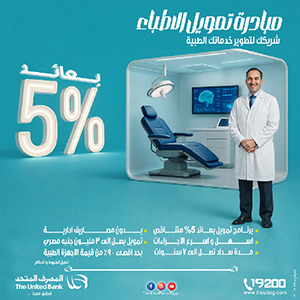South Korea Holds Interest Rate at 2.5% Amid Housing Market Concerns and Rising Household Debt

The Bank of Korea decided to keep its benchmark interest rate unchanged at 2.5% on Thursday, in a widely expected move aimed at maintaining financial stability amid growing concerns over surging housing prices and mounting household debt.

The decision follows a 25-basis-point rate cut implemented in May to support economic growth in the face of weak domestic demand and heightened global uncertainty, largely driven by broad-based tariff actions introduced by the United States.
By maintaining the current rate, the central bank signaled its priority to preserve financial stability, despite ongoing pressure to stimulate economic activity. Property prices in Seoul and surrounding metropolitan areas have continued to climb, fueled by improved financial conditions and expectations of further increases under the country’s newly elected liberal administration.
Data released by the central bank showed that household loans extended by South Korean banks rose by 6.2 trillion won ($4.51 billion) in June compared to the previous month—marking the largest monthly increase since August 2024. The bank anticipates that this upward trend will likely persist in the coming months, prompting authorities to tighten mortgage regulations.
Late last month, the government introduced stricter mortgage rules, capping home loan limits at 600 million won in the capital region and suspending mortgages for individuals owning more than one residential property. These measures are part of a broader strategy to cool speculative demand and prevent overheating in the real estate market.
Bank of Korea Governor Rhee Chang-yong previously indicated that the pace of future rate cuts would be adjusted in response to housing market conditions, despite the ongoing easing cycle that began in October 2024. Following the May rate cut, Rhee warned that reducing the benchmark rate too rapidly could fuel asset bubbles, particularly in real estate, and cautioned against repeating policy missteps from the COVID-19 pandemic period.
Analysts believe that holding the rate steady will give the central bank more time to assess the economic impact of the government’s newly approved supplementary budget. Last week, the National Assembly passed a 31.8 trillion won supplementary budget aimed at stimulating the economy and supporting public welfare. This comes on top of a 13.8 trillion won stimulus package announced in May.
The BOK also took into account the widening interest rate gap between South Korea and the United States, which currently stands at two percentage points. A further widening of this gap could lead to increased volatility in the foreign exchange market and capital outflows.
Meanwhile, U.S. Federal Reserve Chair Jerome Powell has adopted a cautious stance toward future rate changes, emphasizing the resilience of the U.S. economy while acknowledging lingering uncertainties that continue to influence the Fed’s policy outlook.






















